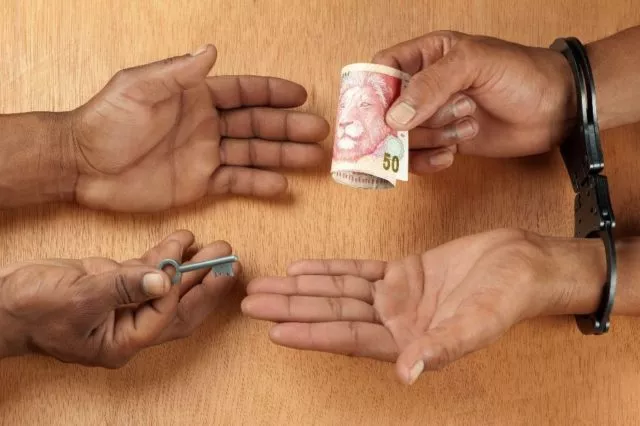Advertisement
Is bad marriage better than divorce? Here's what you should know
)
Toxic relationships can lead to cancer, hypertension and diabetes
When faced with the decision between staying in a bad marriage and opting for a divorce, it's essential to weigh the pros and cons carefully. The answer isn't straightforward, as it depends on individual circumstances, personal values, and the specific nature of the marriage.
Advertisement
The answer isn't straightforward, as it depends on individual circumstances, personal values, and the specific nature of the marriage. Here are some critical points to consider:
Advertisement
1. Emotional and mental health:
- Staying in a bad marriage: Remaining in a toxic relationship can lead to prolonged stress, anxiety, depression, and a general decline in mental health. Continuous conflicts, lack of emotional support, and feeling trapped can take a significant toll on your well-being.
- Opting for divorce: While the process of divorce can be emotionally challenging and stressful, it might provide a sense of relief and freedom from constant negativity. Many find that they can begin to heal and regain their mental health once they leave an unhealthy relationship.
2. Impact on children:
- Staying together: Some argue that staying in a marriage, even if it's not ideal, provides a stable environment for children. However, children are perceptive and can sense tension and unhappiness, which might affect their emotional and psychological development.
- Divorce: While divorce can be hard on children, especially initially, it can also be beneficial in the long run if it means they are no longer exposed to conflict or hostility. Healthy co-parenting post-divorce can offer a more positive environment than a conflicted household.
Advertisement

Impact on children
3. Personal growth and fulfillment:
- In a bad marriage: Being in a marriage that lacks support, respect, or love can stunt personal growth and self-fulfilment. Individuals may feel stuck, with limited opportunities to pursue personal interests or goals.
- After divorce: Divorce might open up new avenues for personal growth, self-discovery, and opportunities to pursue passions or hobbies that were neglected. It can be a chance to rebuild a life that aligns more closely with one's values and desires.
4. Social and financial considerations:
- Staying married: For some, staying married might seem easier due to societal pressures, fear of judgment, or financial dependency. Divorce can lead to financial strain, especially if one partner is economically dependent on the other.
- Choosing divorce: While it might pose financial challenges, especially during the transition period, many find ways to rebuild financial independence and stability. Support networks and legal arrangements can help navigate this difficult transition.
Advertisement

Social and financial considerations:
5. Long-term happiness:
- Staying together: If both partners are willing to work on the marriage, seek counselling, and make changes, it's possible to improve the relationship and find happiness again. However, this requires mutual effort and commitment.
- Divorce: For some, divorce can be the path to long-term happiness and fulfilment. It allows the possibility of finding a more compatible partner or embracing a fulfilling single life.
The decision between staying in a bad marriage or opting for divorce is deeply personal and complex. It's crucial to consider your emotional well-being, the impact on any children involved, personal growth, and long-term happiness.
Seeking advice from a therapist or counsellor can provide guidance and support in making this difficult decision. Ultimately, prioritising your health and well-being is key, whether that means staying and working on the marriage or choosing to move on.
Advertisement
Advertisement
Subscribe
Sportal WhatsApp
Latest Videos
Advertisement
Videos
Advertisement
Advertisement
More from Pulse Nigeria
Advertisement
)
)
)
![Reasons why you should not engage in pull out method with your partner [Today's Parent]](https://image.api.sportal365.com/process/smp-images-production/pulse.ng/16082024/57a1bc0c-7975-423a-9fbf-7aa032734122?operations=autocrop(236:157))
)
)
)
)
![When an ex refuses to go out of the picture [Credit: Ad Age]](https://image.api.sportal365.com/process/smp-images-production/pulse.ng/10082024/fad800f2-541b-466a-b976-6529d2116ef0?operations=autocrop(236:157))
![Sometimes, take the lead instead of waiting for your man to initiate sex. [Credit: ThinkstockPhotos]](https://image.api.sportal365.com/process/smp-images-production/pulse.ng/31072024/5f1fe559-88de-48f3-934f-98736c40dbc1?operations=autocrop(236:157))
)
)
)
)
)
)